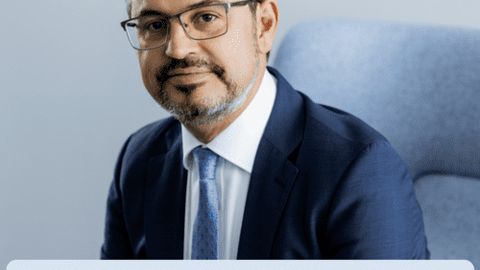Uzbekistan evacuates 9,361 citizens from Middle East as repatriation continues
17:03 / 05.03.2026
Uzbekistan prepares for Paris Agreement carbon markets with Japan-backed UNDP training
16:33 / 05.03.2026
Uzbekistan reviews higher education reforms and sets 2026 targets
15:38 / 05.03.2026
Uzbekistan, Russia discuss INNOPROM Central Asia 2026 preparations
15:00 / 05.03.2026
Uzbekistan, China to hold Third Interregional Forum in May 2026
14:04 / 05.03.2026
Uzbekistan becomes first Central Asian country elected to UN Statistical Commission Bureau
13:00 / 05.03.2026
President Mirziyoyev expresses gratitude to Kuwait for assistance to Uzbekistan's citizens
12:01 / 05.03.2026
Uzbekistan plans to produce 40.2bn cubic meters of natural gas in 2026
11:00 / 05.03.2026
Recommendations
Menu
Good news:
Tags
Grow your business with us
Advertise on Daryo.uzIndividual approach and exclusive materials
Ad-free site readingSubscribe
25 000 sum per month






Comments
To leave a comment, first